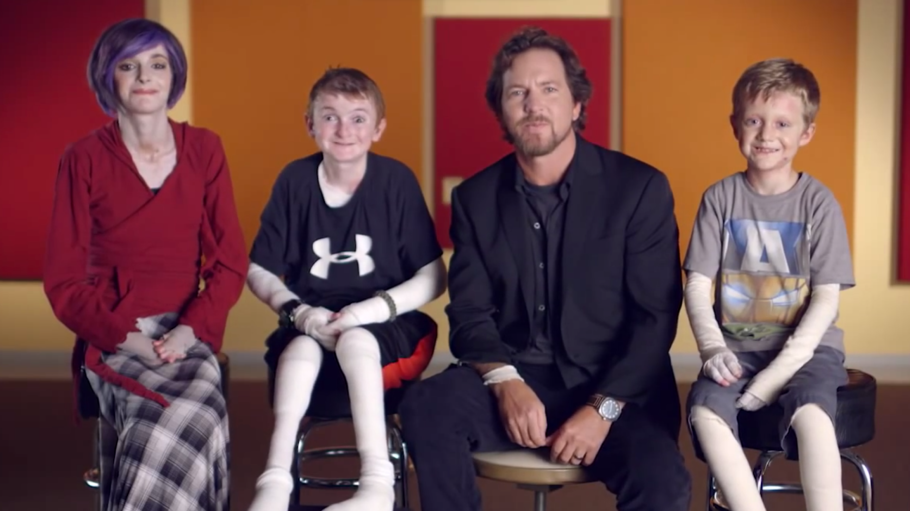Must Read
King Charles Supports Research for Rare Cancer
King Charles, aged 75, has extended his support to the sarcoma community by endorsing the ongoing research efforts for a rare form of cancer.
The King's message, conveyed by Baron Young of Old Windsor during the Chris Martin competition at Lancaster House, expressed his encouragement towards the exploration of new treatments for sarcoma cancer.
The event, graced by government officials, parliamentarians, Chris Martin's loved ones, and members of the sarcoma community, aimed to raise funds for Sarcoma UK.
Chris Martin, the former general manager at No.
10 Downing Street and husband of renowned BBC journalist Zoe Conway, passed away in 2015, two years after being diagnosed with a rare sarcoma cancer.
Since then, Conway has been actively involved in fundraising for sarcoma research and currently serves as an ambassador for Sarcoma UK.
Lord Young, while reading the King's letter, reminisced about meeting Chris Martin during his tenure as principal private secretary to the Prime Minister, Lord Cameron, and conveyed His Majesty's heartfelt support for the cause.
In his message, King Charles commended the collective efforts towards researching new treatments and potential cures for sarcoma cancers.
He acknowledged the significance of raising awareness about sarcoma, a type of cancer that affects approximately 15 individuals daily.
The Chris Martin Fund, established to advance genomics research, has successfully raised over a quarter of a million pounds for sarcoma research, with a particular focus on genomics research, a passion of Martin's.
Richard Davidson, the chief executive of Sarcoma UK, welcomed the King's endorsement, emphasizing the promising prospects in the pursuit of innovative treatments for sarcoma.
Due to its rarity, sarcoma remains less understood compared to other cancer types, Davidson noted.
The establishment of the Chris Martin Fellowship has facilitated substantial contributions to genomics research, enabling Sarcoma UK to invest significantly in pioneering research initiatives.
Notably, the University College London conducted a groundbreaking study under the fund's support, unveiling new mutations and creating the first molecular signature atlas of sarcoma.
Subsequently, researchers from the University of Birmingham utilized advanced technology to delve into the genetic basis of liposarcoma, identifying potential therapeutic targets.
Meanwhile, experts at the University of Southampton are exploring the feasibility of targeting genetic abnormalities discovered in prior studies using existing drugs or novel compounds, offering hope for enhanced treatments for liposarcoma patients.
The insights gleaned from genomics research have not only attracted additional funding and initiated new investigations but have also begun to enhance the clinical care provided to sarcoma patients.
The transformative impact of this genetic revolution is poised to prolong the unity of families by revolutionizing sarcoma treatment.
The commitment to advancing research and care for sarcoma patients underscores a collective dedication towards combating this challenging cancer.
In conclusion, the resounding support from King Charles has bolstered the momentum behind sarcoma research, fostering optimism for groundbreaking advancements in the field.
The collaborative efforts of researchers, organizations, and benefactors continue to drive progress towards unraveling the complexities of sarcoma and improving outcomes for those affected by this rare form of cancer.




































